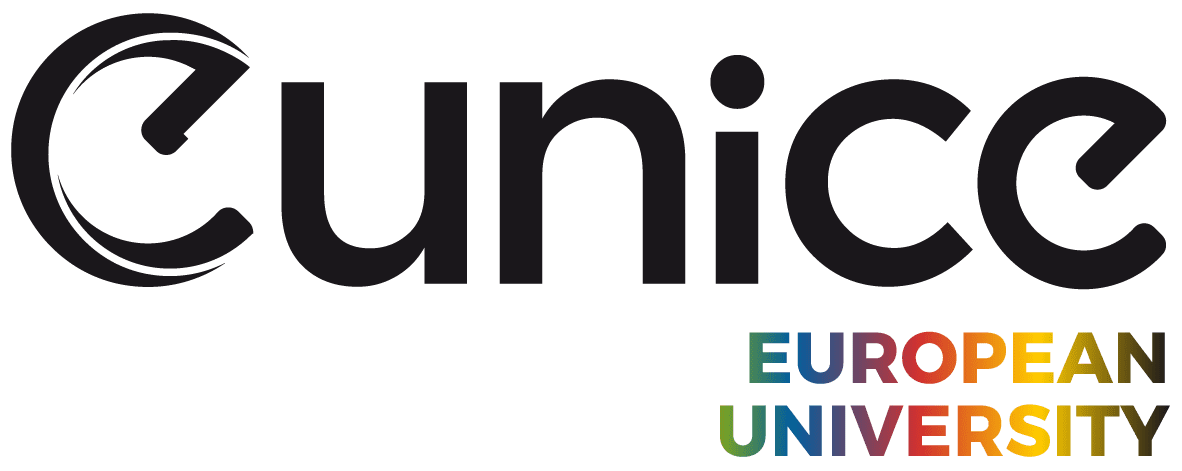The Peer Mentoring Programme is a real opportunity for IRO staff to share knowledge and best practices, while expanding their networks. The interaction between people from different institutions contributes to improve work processes at the home institution, as well as across a network of IROs. Thus, it has a high benefit not only on a personal, but also on an institutional level.
Objectives of the tool
The Peer Mentoring Programme is designed to establish a relationship in which a dyad offers assistance as well as knowledge and skill transfer to each other.
Even if one member of the dyad starts out in the traditional role of mentee, or learner, and the other in the role of mentor, the interaction is typically reciprocal. A newcomer to an IRO, for instance, might begin as the mentee, but as the interaction goes on, one may typically realise s/he has something to offer the partner in terms of further knowledge and best practices. The aim is to get to know and exchange ideas with each other while at the same time strengthen community engagement. The Peer Mentoring Programme runs for a period of approximately 2 months and may be part of an overall process of linking IRO staff within a consortium. Envisioned as a professional development and peer-assistance tool, it takes the form of voluntary advice favouring development and learning, i.e. freely given and freely received, and centred on an agreed expectation.
What IRO problems will this tool solve
Compared to the typical work environment settings, the Peer Mentoring Programme may offer greater opportunity for empathy, equity, and knowledge. Since the pairing of individuals takes place within a pool of IRO professionals, the Peer Mentoring Programme incorporates inclusivity at its core. In contrast to conventional meetings between managers and heads of office, interactions amongst IRO peers may thus grow more swiftly. As new employees need knowledge, experience, and assistance locally, and since organisational culture enhancers, learning resources, and chances for knowledge sharing are not always available at the IRO level at universities, the Peer Mentoring Programme provides an important tool.
WHAT IS IN THE TOOL?
The Survey D of the Benchmarking is used to clearly identify the IRO staff working in each institution and the activities carried out by each staff member.
This questionnaire is used to collect information about the participants and also to better identify their respective expectations regarding the Peer Mentoring Programme.
This questionnaire is used to gather feedback from the participants.
This handbook provides the participants with guidelines and advice for them to know how to run the programme.
This handbook provides the coordinators of the programme with guidelines and advice for them to know how to put the programme in place and use the matching tool.
This file provides the coordinators with a tool to help them matching participants according to their common activities.



